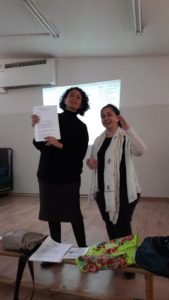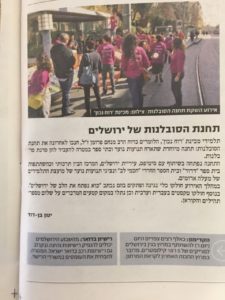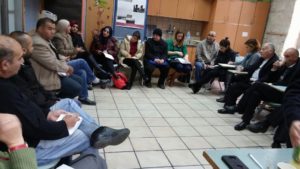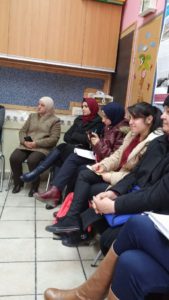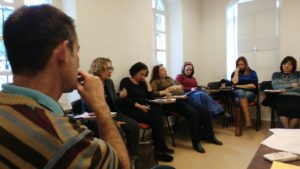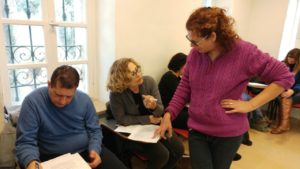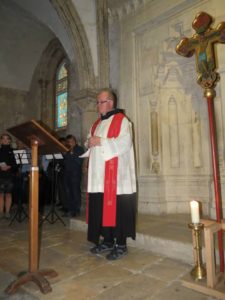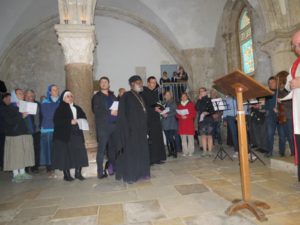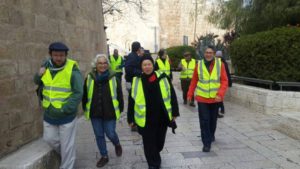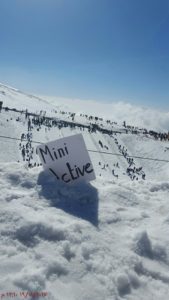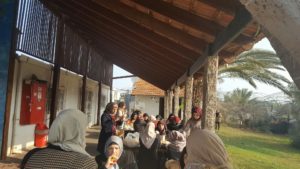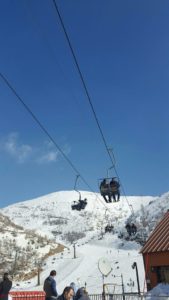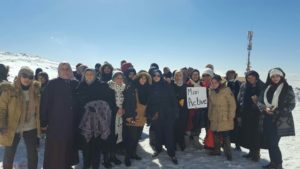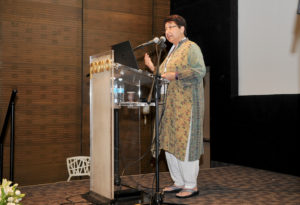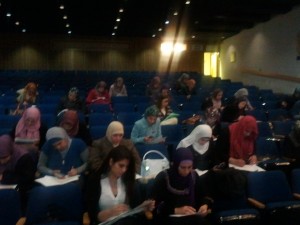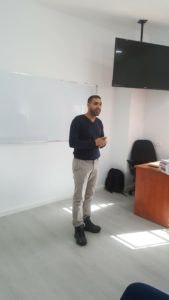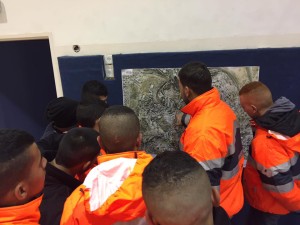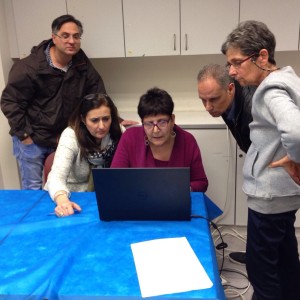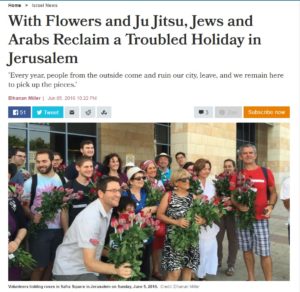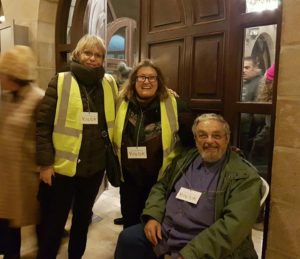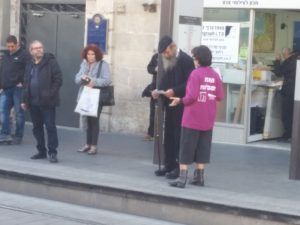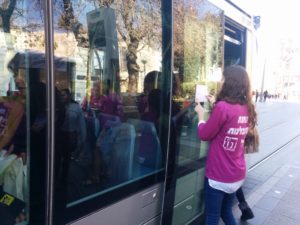Raising Awareness – and Internet Site Clicks – with Santé Israël in Tel Aviv
It was a pleasant surprise – 106 entrances to the Santé Israël French-language web site on Sunday, February 12, 2017. But why?
And then it became obvious….
Santé Israël’s director, Marie Avigad, had held a meeting with about 30 French-speaking new immigrants, organized by the immigrant absorption officials at the Tel Aviv municipality. They asked questions about the different HMO’s, supplementary HMO coverage, and private insurance. They also asked what to do and to whom to turn during an emergency, how to reach a specialist, which forms different HMO’s need, how to understand what’s going on in a hospital, and more.
As the numbers show, the presentation hit a nerve. Thank you Santé Israël for your hard work, and the vast amount of information you make available to French-speakers in Israel. Many thanks to the to the Pharmadom Foundation and the Rashi Foundation for their continuing support of Santé Israël.
Here’s the Facebook post about the meeting:



